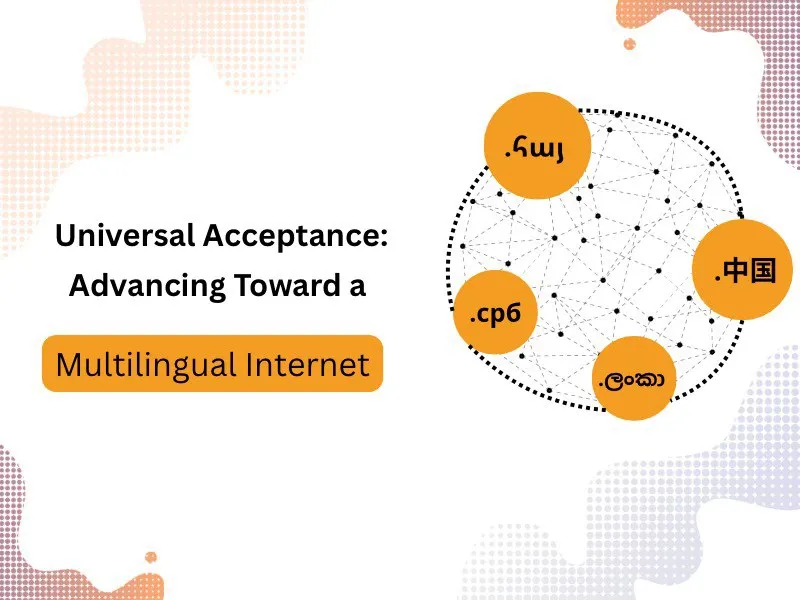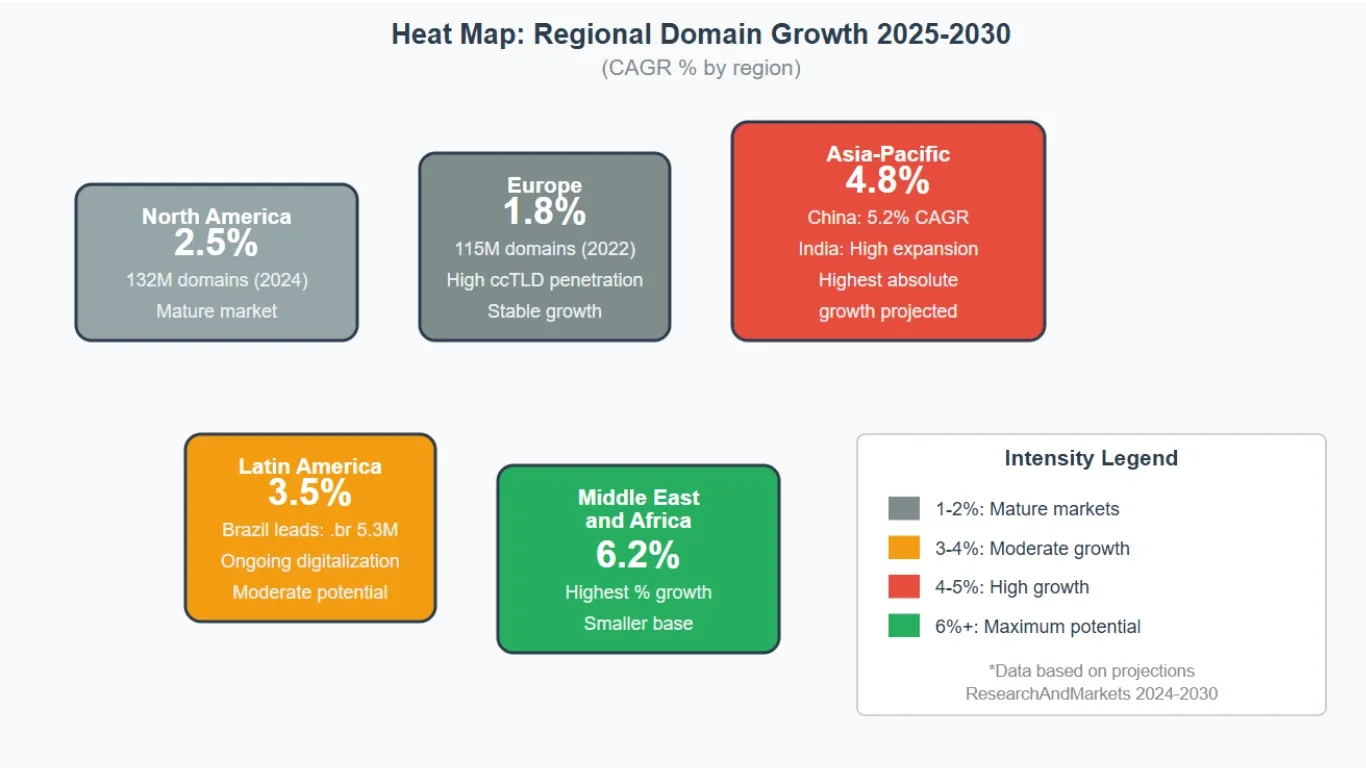When accessing the Internet a user might not realize that there can be an intermediary between their device and the global network that manages and directs the connection. This intermediary is known as a proxy server.
A proxy server acts as a gateway between a user’s computer and external web resources-such as websites-and performs several key functions, including:
- Mask the user’s real IP address to conceal their location.
- Verify incoming requests to ensure security and prevent unauthorized access.
- Cache frequently used requests to enable faster response times.
- Block access to specific websites for enhanced security.
Proxy servers enhance anonymity and privacy by allowing users to hide their IP addresses, making online activity more private. This is particularly important for journalists, activists, or individuals in countries with strict internet regulations. Additionally, some users rely on proxy servers to bypass geographical restrictions, such as accessing websites that are blocked in their region.
Organizations often use proxy servers for various administrative purposes, including monitoring and controlling employee internet usage, restricting access to specific websites, and filtering web traffic. Proxy servers can also cache frequently visited websites and search results, delivering content directly from the cache. This improves response times and reduces overall internet bandwidth usage.
The use of proxy servers also carries certain risks, including the potential leakage of personal data. To minimize these risks, it is essential to use only trusted and reputable proxy service providers or rely on secure internal proxy solutions managed by your organization.































